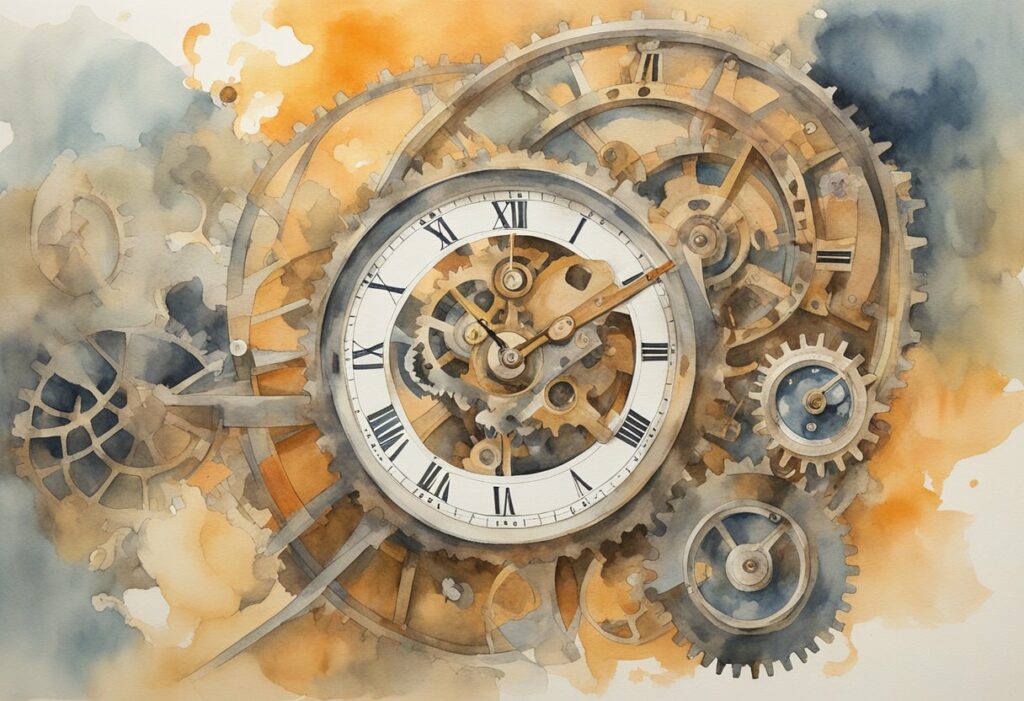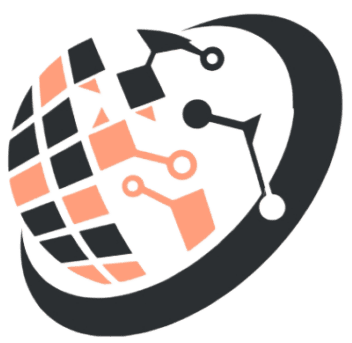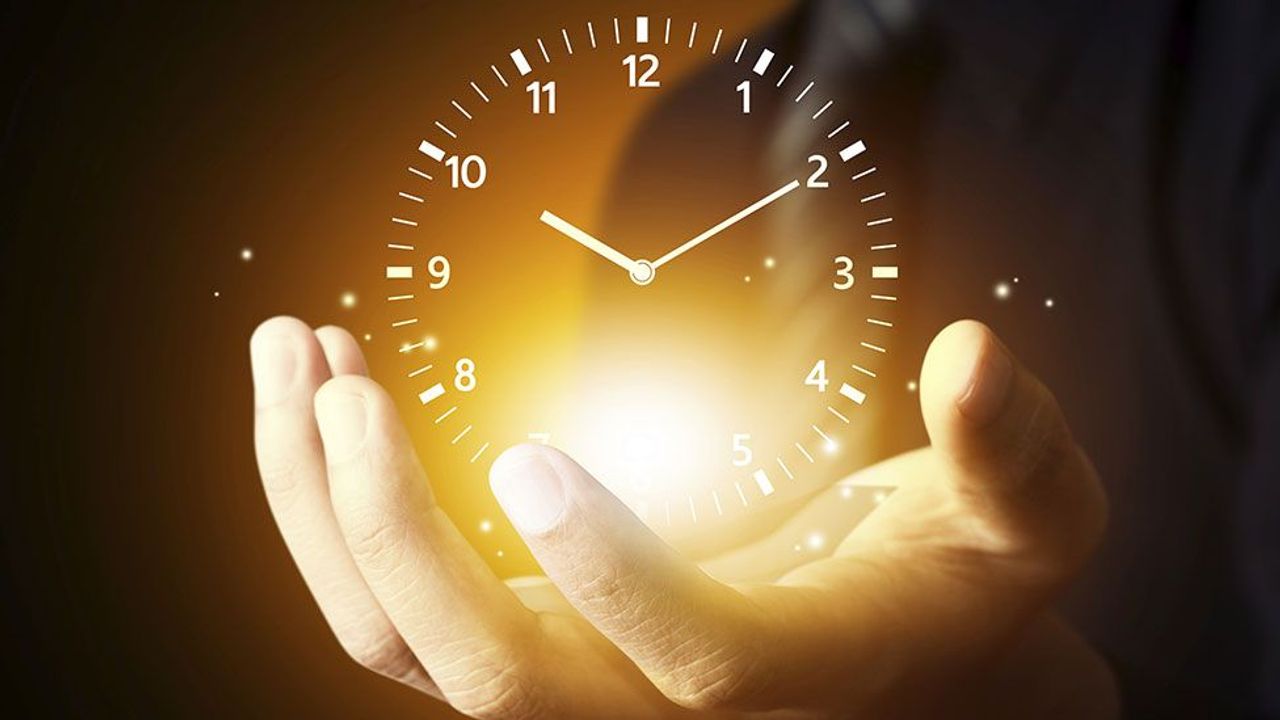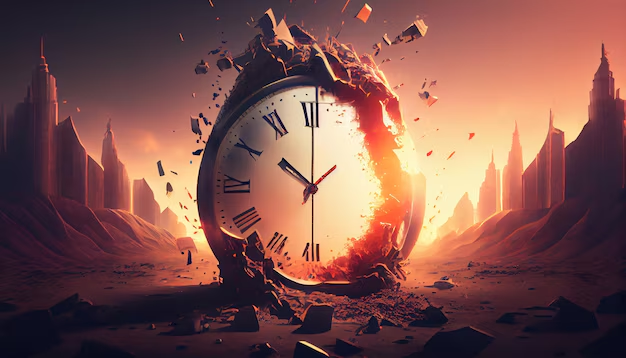The Evolution of the Clock: Its Creation, History, and Purpose
Introduction
The clock is an crucial tool that has guided human sports activities activities for masses of years. From historic sundials to trendy atomic clocks, the evolution of the clock displays humanity’s quest for precision in measuring time. Understanding its advent, facts, and cause famous now not quality technological improvements however additionally cultural shifts and social adjustments at some diploma in the a long time. This article delves into the adventure of the clock, analyzing its various paperwork, uses, and significance mainly eras.
Early Timekeeping Methods
Long in advance than mechanical clocks have been invented, early humans relied on natural phenomena to music time. Sundials, which date again to historical civilizations just like the Egyptians and Babylonians, were a number of the number one gadgets to degree time. By looking at the area of the solar, the ones early clocks furnished a way to section the day into hours. The shadows solid through way of the solar’s movement created a rudimentary but powerful tool for information time.
Water Clocks and Candle Clocks
As societies evolved, so did their want for extra correct timekeeping techniques. Water clocks, or clepsydras, emerged as an alternative. These devices measured time with the beneficial resource of the go with the float of water from one discipline to a few one-of-a-kind. Similarly, candle clocks marked the passage of time via the gradual burning of a candle. Both of these enhancements represented remarkable improvements inside the pursuit of accuracy and reliability in timekeeping.
The Mechanical Clock: A Breakthrough

The improvement of the mechanical clock within the 13th century marked a pivotal second in the facts of timekeeping. This innovation trusted gears, weights, and escapements, bearing in mind a greater steady and precise dimension of time. Early mechanical clocks have been regularly large, tough systems established in church towers and public squares, symbolizing no longer only the time but additionally the network’s social and spiritual rhythms.
The Role of Monasteries
Monasteries executed a critical function inside the advancement of clock generation at some stage in the medieval duration. Monks wanted a reliable manner to alter their every day schedules, which revolved spherical prayer instances. The clock have become an important tool for organizing monastic life, critical to the refinement of mechanical designs and the unfold of timekeeping gadgets all through Europe.
The Renaissance and the Rise of Precision
The Renaissance duration introduced approximately a renewed interest in generation, arithmetic, and the humanities, which stimulated clockmaking substantially. Innovations in engineering and craftsmanship delivered about the advent of smaller, more transportable clocks. The advent of the pendulum clock inside the seventeenth century via manner of Christiaan Huygens revolutionized timekeeping, reaching fantastic accuracy. This improvement now not handiest impacted navigation however additionally regular existence, as human beings started out out to depend more on particular timekeeping.
The Birth of the Pocket Watch
As timekeeping technology superior, the pocket watch emerged as a private timepiece. During the 16th and seventeenth centuries, skilled artisans crafted hard watches that no longer handiest served a realistic purpose however additionally have grow to be repute symbols. The clock transitioned from public shows to non-public possessions, reflecting character life and social repute.
The Industrial Revolution: Clocks in Everyday Life
The Industrial Revolution transformed societies in profound techniques, along with the way people interacted with time. As factories and concrete centers emerged, there has been a developing need for synchronization. Clocks have end up ubiquitous in places of work, signaling the begin and stop of shifts, thereby standardizing paintings hours and shaping the modern-day-day hard work device.
Time Zones and Global Standardization
The introduction of time zones within the past due 19th century in addition highlighted the clock’s role in societal enterprise. The boom of railways and telegraphs necessitated a more structured approach to timekeeping. Sir Sandford Fleming proposed the department of the area into 24 time zones, which standardized timekeeping globally. This development emphasized the clock’s significance in connecting humans all through distances and facilitating exchange.
The 20th Century: The Age of Precision
The twentieth century found amazing improvements in clock technology, specially with the discovery of quartz clocks within the Twenties. Quartz oscillators provided unparalleled accuracy, important to the high-quality adoption of quartz timepieces. These clocks revolutionized regular life, permitting humans to depend upon precision timing for severa sports activities sports, from adventure to communique.
Atomic Clocks: The Ultimate Precision
The invention of the atomic clock inside the mid-20th century marked the pinnacle of timekeeping technology. By measuring the vibrations of atoms, atomic clocks completed degrees of accuracy formerly no longer feasible. These clocks are important for global positioning systems (GPS), telecommunications, and clinical research, illustrating the clock’s important function in modern-day society.
The Cultural Significance of Clocks
Beyond their sensible programs, clocks preserve huge cultural and philosophical meanings. They constitute the passage of time and the inevitability of exchange. In various cultures, clocks represent order, problem, and the shape of every day lifestyles. The manner human beings understand and interact with time impacts their values, priorities, and even relationships.
Clocks in Art and Literature
Clocks have moreover made their mark in artwork and literature, serving as metaphors for the human enjoy. Renowned artists and writers have explored subjects of time, memory, and mortality via the imagery of clocks. From Salvador Dalí’s surrealist artwork to the existential reflections in literature, clocks hold to initiate belief and inspire creativity.
The Future of Clocks

As technology maintains to decorate, the future of clocks is possibly to comply in addition. Digital clocks, smartwatches, and timekeeping apps have already converted how we recognize and control time. The integration of synthetic intelligence and IoT (Internet of Things) may need to result in even greater progressive timekeeping answers, enhancing our functionality to synchronize our lives with remarkable precision.
The Impact of Digital Culture
In an more and more speedy-paced virtual international, the concept of time is constantly being redefined. The straight away nature of conversation and statistics sharing challenges traditional notions of time manage. Clocks will need to conform to those changes, emphasizing flexibility and connectivity in preference to rigid structures.
Clocks and Their Impact on Daily Life
The presence of clocks in our each day lives impacts not only our schedules however moreover our psychological well-being. The rhythm of lifestyles is often dictated through the clock, as artwork, meals, and social activities are prepared round specific times. This shape can sell productivity however can also motive strain and anxiety whilst time constraints are felt acutely.
The Clock in Modern Work Culture
In the current administrative center, the clock plays a most crucial position in shaping productivity. The emphasis on punctuality and closing dates frequently creates a culture in which every minute counts. While this will decorate average performance, it may additionally make a contribution to a immoderate-strain surroundings. Balancing the needs of time with the need for creativity and versatility is a assignment many face in nowadays’s speedy-paced global.
The Philosophical Dimensions of Timekeeping
The clock’s have an effect on extends past sensible programs; it invites philosophical inquiry. Questions about the character of time—whether or now not it’s far linear or cyclical, measurable or subjective—have intrigued thinkers for centuries. Clocks characteristic a reminder of our mortality and the fleeting nature of life, prompting reflections on how we select out to spend our time.
Time in Different Cultures
Different cultures perceive and engage with time in unique strategies. For example, many Indigenous cultures view time as a cyclical concept, specializing in seasons and natural cycles rather than strict schedules. In assessment, Western societies frequently prioritize linear time, emphasizing productiveness and overall performance. Understanding these perspectives enriches our appreciation of the clock’s importance in severa cultural contexts.
Clocks as Tools for Connection
In a globalized global, clocks serve as important gear for connection and collaboration. Coordinating meetings in the course of time zones, for example, highlights the importance of shared timekeeping. Technology permits for real-time communique and scheduling, bridging distances that after seemed insurmountable.
The Role of Clocks in Global Events
Major worldwide sports activities, which includes the New Year’s celebrations round the area, are regularly synchronized to the clock. The countdown to middle of the night is a shared revel in that transcends geographical obstacles, bringing people together in a collective birthday celebration of time. These moments underscore the clock’s characteristic in fostering a experience of crew spirit and shared human experience.
Conclusion
The clock’s evolution is a testomony to humanity’s enduring quest for knowledge and getting to know time. From historic sundials to cutting-edge atomic clocks, each development reflects now not really technological innovation but additionally the profound tactics in which generation impacts our lives. As we skip earlier, the clock will definitely keep to shape our reviews, reminding us of the delicate stability between the beyond, present, and future. In every tick and tock, the clock stays a crucial part of our existence, guiding us thru the intricacies of lifestyles.
In essence, the clock isn’t always in truth a tool for measuring time; it is a effective photograph of our courting with time itself. As we navigate the complexities of present day existence, the clock will retain to play a essential role, reminding us to have in thoughts of methods we spend our maximum treasured useful resource—time.



1 thought on “The Evolution of the Clock: Its Creation, History, and Purpose”